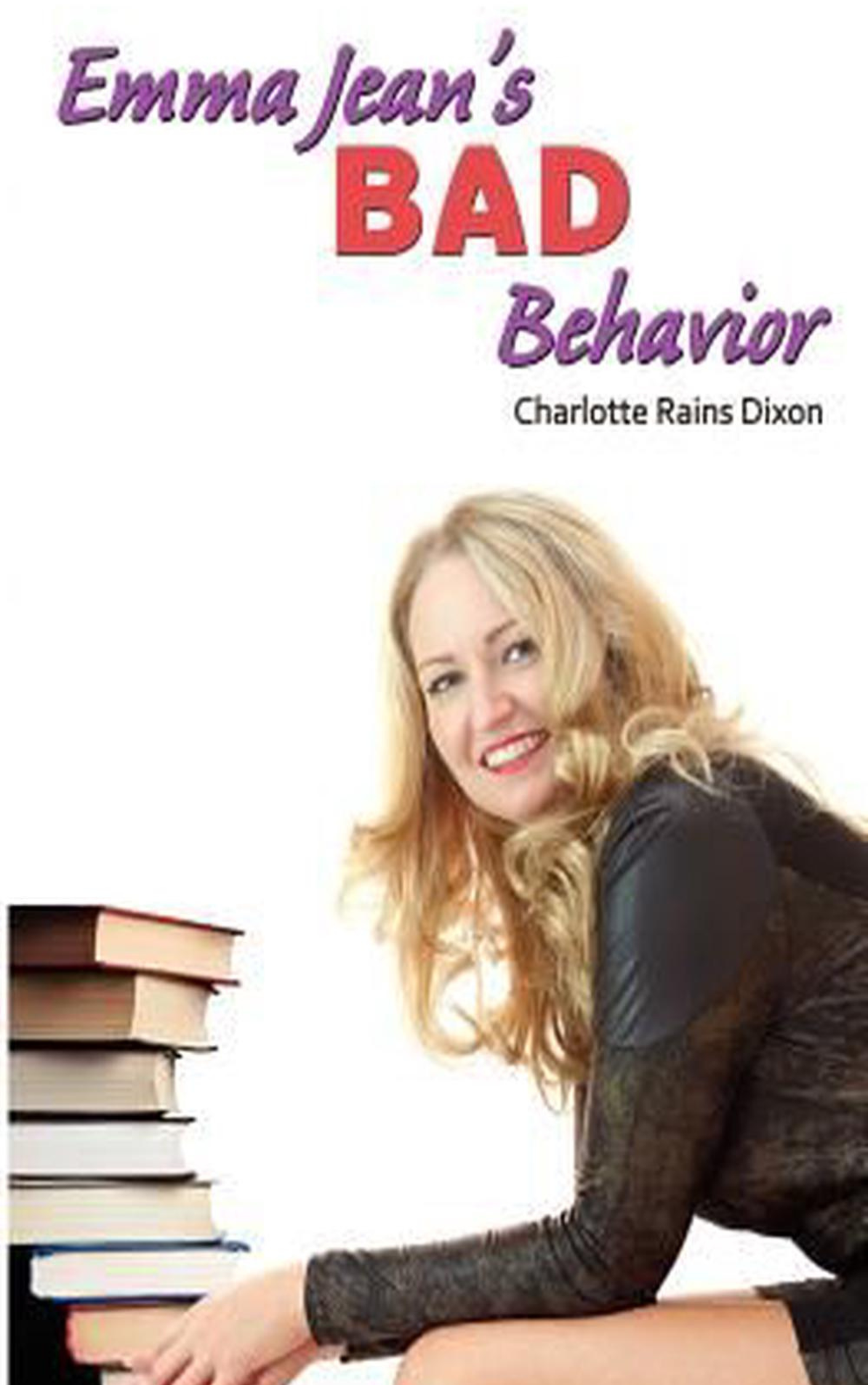5 (Different-ish) Ways to Create Time for Writing
 A couple weeks ago, I met another writer friend for lunch. She rushed in, late, and apologized. "I'm just so busy these days, you know? There's just never enough time for everything."
A couple weeks ago, I met another writer friend for lunch. She rushed in, late, and apologized. "I'm just so busy these days, you know? There's just never enough time for everything."
I nodded, agreeing. But later I realized that the sentiments we exchanged about writing didn't ring true. Instead, it felt like we were doing what was expected of us, acting out the parts of busy, overworked professionals.
Because if one of us admitted to not being busy, what would that imply? That we didn't have enough work to fill our days? Enough ideas to write about? Or maybe, just maybe, that we weren't buying into the dominant cultural norm that there isn't enough of anything–be it time, money or love?
Ever since then (and with the recent switch to Daylight Savings Time), I've been thinking about time. We writers in particular seem to always want more of it. We're always trying to scavenge an hour here or there to work on our novels, or poetry, or memoir.
Time is one of my favorite subjects and I read a lot about it (probably when I should be using my time to write). Today, I've collected some of my favorite non-traditional pieces of advice about time and I present them here for your consideration.
1. Use the time you do have better. As in, no multi-tasking (shut down those email inboxes and open social media tabs). As in, focusing fully and completely on your writing. Don't obsess about the cheetos you're going to eat when you're done (the future) or the retort you should have come up with for that jerk at the grocery store (the past). It's the present and you're writing. Pay attention to the moment. You'd be surprised at how much time this creates. One of my favorite writers on this topic is Steve Chandler. You can get a download of his book, Time Warrior, which discusses this point at length, at his website.
2. Get good at transitions. I used to tell people to take advantage of little chunks of time to write–like 15 minutes while you wait for your kid at the orthodontist, or 20 minutes while the rice cooks. But then I realized that this doesn't work for a lot of people. Why? Because they are not good at transistions. Going from one activity to another, most of us need down time. It is difficult to get your brain engaged in your writing on cue, when you've been wrangling a toddler all morning, or solving problems at work. But you can train yourself to be able to do this better. One tip: seed your mind. Review your WIP often so it is active in your brain throughout the day. Then when you do have a few minutes, it will be uppermost in your mind and the words will come when you need them.
3. Choose intentional relaxation. I first learned this concept from the incomparable Jen Louden, and it blew my mind because it made so much sense. Often our brain needs a break, or we need a bit of relaxation. But instead of choosing an intentional activity that you know will be restful and soothing to you (such as reading, walking, knitting, gardening) we do something mindless, like checking for email again, or surfing the internet, or leafing through a stupid celebrity gossip magazine. None of which rejuvenates us like an intentional activity would. Taking a couple of minutes to do an activity of choice will refresh you and send you back to work ready to riot (in a good way).
4. Train your brain. I'm just now taking a real interest in this, so as I learn more I'll share. But the idea is that our brain produces electrical frequencies at varying rate and manipulating those rates creates optimal states for various activities. Most commonly we exist in an active state, which is great for operating in the world but is also an ego-driven state that can produce anxiety. Not the best for writing. You can learn to moderate your brain waves to frequencies for learning, relaxation and creativity. These frequencies are slower than the one we're used to for action, and that's one reason meditation is so often recommended. As a starting point, try closing your eyes and taking a few deep breaths.
5. Do whatever in the hell you want. Well, I know, you gotta drive the kids to school and show up at work, but beyond those routine musts, you've got plenty of choices in how you spend your time. And I'm not advocating always choosing writing. Take a nap if you're tired, or pick up your knitting when you're blocked. Throw paint on canvas or sit and stare at the sky. By making choices that please you and not others, you free yourself to spend time on what really matters in a clear and focused way. And I'll bet money that if you're reading this at least part of that time will be spent writing.
And, a bonus point:
6. Quit with the negative self-talk already. Yeah, you. Stop comparing yourself to others, telling yourself you're a failure, noting what a lousy writer you are–or remarking upon how stupid and ugly you are. These thoughts are time suckers because they stop you from doing your creative work and make you doubt your desire for it in the first place. So be vigilant and nip those babies in the bud.
What are your best ideas for creating time for writers? Plese share in the comments.
P.S. I have a wee workbook on time that is just about ready to publish. It's not about time per se, but the book touches on aspects of time as it applies to your ability to get words on the page. The book is called Set the Words Free, and it will be published first on Amazon, then here on the blog as well. I'll keep you posted!
Photo by dlee.

J.D.
Those are all great points. I appreciate anything to help me carve out an extra second. I’d just like to throw in a couple. Don’t clean the house. Screw the leaves. Wash the car next week. Ever read on a tombstone: I wish I’d mowed the grass more often?
Charlotte Dixon
I'm pretty good about that "don't clean the house" one. 🙂 That's what doors are made for, so you can close them on the mess. And my advice to writers is: never buy a white car, as we did by accident. It shows the dirt way too much! Thanks, J.D., for a humorous take.
Jessica Baverstock
Thank you for point number 2! I personally need a chunk of time to get myself into the rhythm of writing. Doing it suddenly in a doctor’s waiting room doesn’t work for me. Sitting there envisioning what I’ll write later does work though, so I’ll try doing that more often.
Charlotte Dixon
Yes, I agree, a lot of writers do need chunks of time in order to get anything done. Sometimes I'm one of them, sometimes not. But at the very least thinking about the WIP can be done anywhere, any time. Thinking for writers is highly underrated.
Amanda Martin
It’s like you’ve been watching my life over the last two weeks! I wrote about something similar only an hour ago (although it was about finding happiness rather than time to write). I realised I was trying to act like a busy professional instead of a writer/mummy. I felt guilty for reading, walking the dog, having a nap, because I knew my working mummy friends couldn’t do those things. But I left the office world because the stress drove me to depression and – low and behold – I’m back on the anti-depressants because I’ve been pushing myself too hard. I’m a writer and a stay-at-home mum through choice. I don’t have to rush. And I’ve discovered not only am I happier, but I’m getting almost as much done. Blogging less but cleaning a bit more (a tidy house helps me write because it keeps me calm), tweeting less, reading more. Maybe I won’t sell as many books, but I’ll hopefully write more! And maybe, more importantly, I’ll teach my children that busy doesn’t mean important or successful or productive (not always, although effort is required for success).
Charlotte Dixon
Amanda, it is so easy to get into the trap of busyness, I do it all the time. I often notice if I've been writing and reading a lot I'll meet a friend for a drink and feel like I don't have anything to say. My life doesn't compare to theirs! Of course if I'm writing and reading a lot, I'm wildly happy so there's that. And I think feelings like that are magnified when you're at home with the kids. I was a stay-at-home mom for years and I loved it but I also often felt I had to prove myself by busily cleaning the house or doing something "useful." (Now that both my children are happy, healthy adults I realize how useful I was being all along.) It is easy and facile for me to say, but life's too short for guilt–you've published a novel and you're raising children and I think you're doing a fabulous job!
Robyn LaRue
I’m working on #3 and #5 but didn’t really have words for them. Your post is very helpful for describing what I sense but don’t have words for.
Charlotte Dixon
I'm so glad, Robyn! Thank you for commenting.